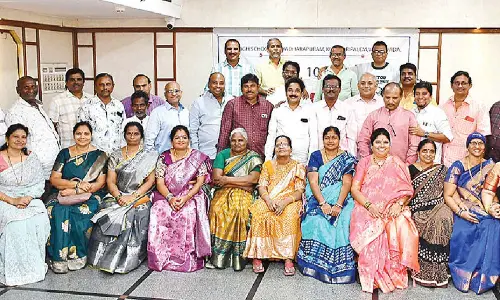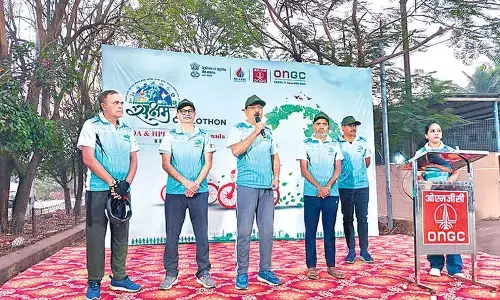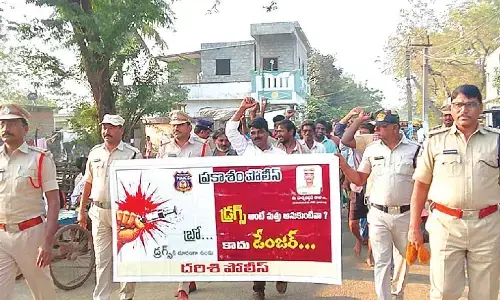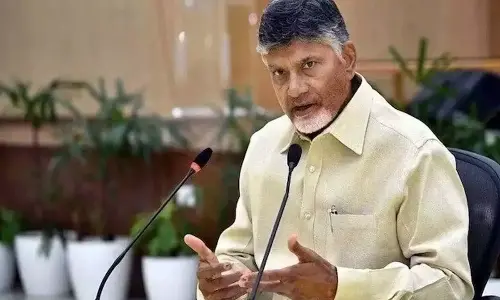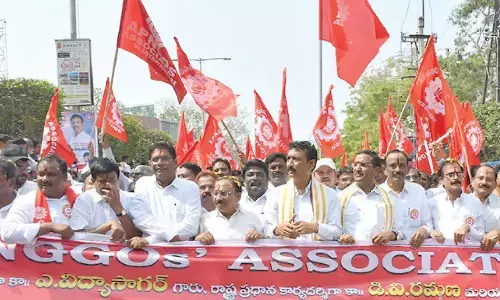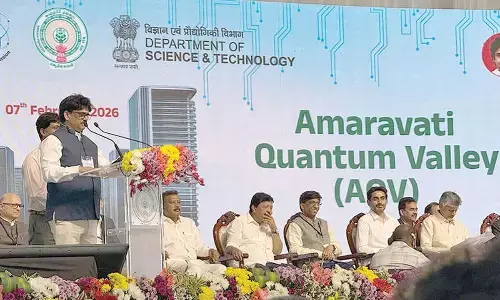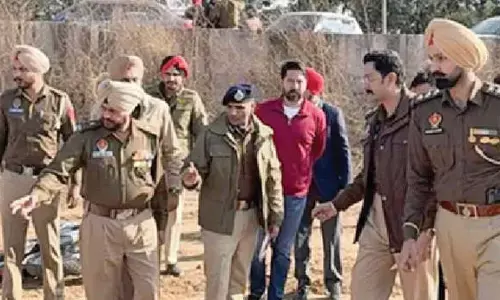Elections a hope for Anglo-Indians

Anglo-Indian youth in Kolkata, The Anglo-Indian community, which was nearly 300,000 strong when Britishers left India and today has dwindled down to half that number
![]()
.jpg) The Anglo-Indian community, which was nearly 300,000 strong when Britishers left India and today has dwindled down to half that number, seeks government scholarships in higher education and reservation in non-Christian colleges, as they seek to preserve their identity and heritage. Anglo-Indians are of mixed British and Indian parentage and two among them are nominated to parliament.
The Anglo-Indian community, which was nearly 300,000 strong when Britishers left India and today has dwindled down to half that number, seeks government scholarships in higher education and reservation in non-Christian colleges, as they seek to preserve their identity and heritage. Anglo-Indians are of mixed British and Indian parentage and two among them are nominated to parliament.
Anglo-Indian youth in Kolkata, a strong bastion of the community, are as animatedly involved in political discussions as anyone else.
Twenty one-year old Samantha Gasper, a first-time voter, roots for reservation for Anglo-Indian students in non-Christian colleges.
"The partiality towards certain groups has to go. A quota would definitely help as the minorities are not given a chance in most educational institutes and therefore as a minority, I feel every vote counts and I will surely vote," Gasper told IANS, adding she does not prefer the None of the Above (NOTA) option.
Citing an example, she revealed she was not included in the list of selected students in reputed institutions despite scoring over 90 percent in board exams while applicants from non-minority communities with lower scores got in.
Because of lack of better education facilities, most Anglo-Indian youth veer towards call centre jobs - "which is not a very stable option".
One solution to this, pointed out 36-year-old Shane Alliew, is the provision of educational scholarship.
"If the government provides scholarships for Anglo-Indian students, then that would encourage them to study further instead of opting for call centres as it is not a very stable option," he told IANS.
On the same page, Leslie Pereira feels, because of the lack of sustained educational facilities, many have gone abroad.
"Once the government makes available sustained facilities, like scholarships, at various levels, then that would also make them feel socially secure," he explained.
The Anglo-Indians has been an integral part of the city's social fabric, contributing in many fields, most notably education.
Wandering through the labyrinth of the red-bricked, flower-pot dotted rows of flats in central Kolkata's old world Bow Barracks or the hustle and bustle of the more upscale Picnic Gardens in southern part of the city - known addresses of the clan - one can soak in the relaxed, easy going life of the community, known for its fondness for good food, wine and social gatherings.
While the older generation is traditionally inclined towards the Congress, the generation Z has its own opinions. And with entrants like Aam Aadmi Party in the fray, it's no slim pickings for the electorate.
"Outdated thinking won't do. We need a 21st century leader in the 21st century...a progressive thinking government," said Gasper.
Around 40 percent of the community is below the age of 30 years.
According to a section of the seniors IANS spoke to, the present generation is "more aware and mature" when it comes to selecting the right candidate, keeping tabs on the candidate's backgrounds and checking their track record as they gear up to exercise their franchise.
"With an increasing number of college goers, they can think for themselves. Earlier, 20 to 30 years back most didn't care much about voting. Youngsters are conscious and more aware of what the government is doing and what they can offer us," 68-year-old Leslie Pereira told IANS.
"In the good old days, most were pro-Congress; now, however, the youngsters have a lot to think about in terms of the agenda and who to vote for," said Pereira, joint convenor, employment, at the Calcutta Anglo-Indian Service Society. Pereira sought employment opportunities, in addition to education.
Gasper stresses the need for an open outlook among politicians to curb crimes against women.
"In the context of crimes against women, we need a government that is open-minded and is progressive...we need a change in mentality. It's not about age of the leaders, it's more about the mind-set," she said.
While the younger lot is heartened to see prominent members like quizmaster Derek O'Brien - Trinamool Congress national spokesperson - doing their bit in politics, more representation is needed according to her.
Stressing the need for a "stable" and "inclusive" government, Michael Shane Calvert, a member of the legislative assembly, added, "We want a government that will ensure a sustained, coordinated effort to bring leaders and citizens together in support of common goals."
Next Story








